E3: Hopes of a games arcade revival
- Published
WATCH: Why the high cost of VR gaming could lead to a rebirth of the games arcade
Games enthusiasts of a certain age can often be found reminiscing about a legendary golden era - the age of arcade gaming.
It spanned a decade or so, starting in the mid-to-late 70s, a period which launched the infamous title Space Invaders and also brought us games like Asteroids, Lunar Lander and - of course - Pacman.
The necessity of games arcades was due to the sophisticated technology on offer. Dedicated cabinets had computers set up to play that game and that game alone. Home gaming, in the very early days of Space Invaders, was simply too expensive for most.
As time went on, technology got better. And cheaper. Suddenly, games arcades were losing their purpose in life. If a PlayStation gave you as good an experience in your bedroom, why go to a building and spend your spare change to play for just a few minutes at a time?
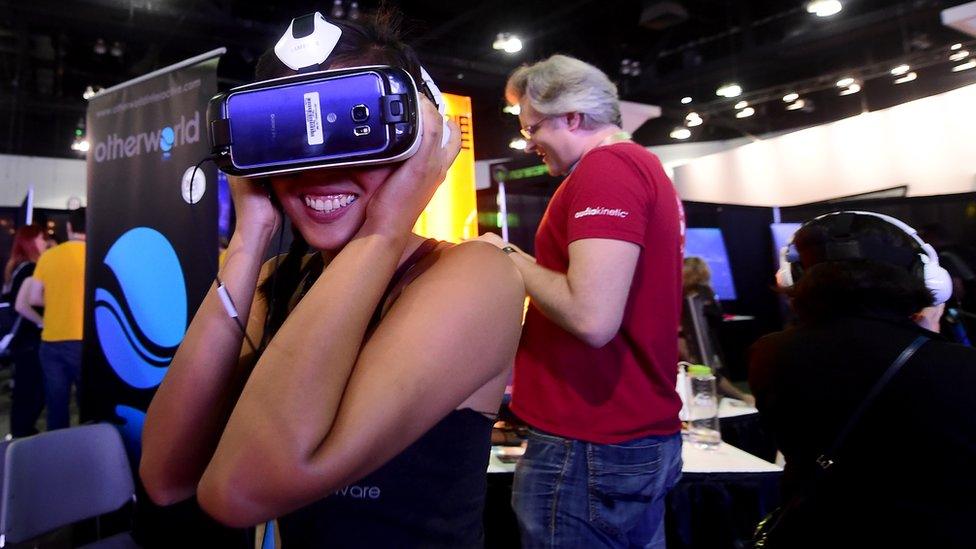
Many find virtual reality exciting when they first try it, but longer experiences are hard to design
And the social scene of arcades - where many a young romance blossomed - drifted away too. Through the 90s, and into the noughties, games arcades all but disappeared.
But in the halls of E3 this week, a show where attendees are looking years into the future of the multi-billion dollar industry, there's talk of "Arcade 2.0". A rebirth.
Why? Virtual reality. For the first time since the Golden Age, the public is showing interest in gaming technology they can't yet afford. And, even if they could, it's not something that most homes could accommodate to its full potential.

E3 games expo
Chris Foxx takes a high-speed tour of 2016's E3 show floor

Warehouse scale
That's why virtual reality arcades are popping up all over the globe. Some are small projects, a good-sized room with the latest kit. Others are big budget smashes, like Hub Zero. Nestled in Dubai, Hub Zero is an "indoor video game park".
The attractions include an installation by VRcade, a company that has created a totally tether-free VR system - one that allows for multiple players in the same game simultaneously.
The Seattle-based firm's typical customers include shopping centres or cinemas - in other words, anywhere where there's available space. I suggested, quite smartly I thought, to approach any pub that had an ageing bucking bronco in the corner.
VRcade differs from its competition by aiming to produce customised VR experiences that make use of the real physical location. Motion sensors are placed around the area to monitor the movement of the player, as well as any in-game peripherals. It means all movements are tracked, whether you're jumping or ducking or rolling.

Hub Zero in Dubai features a VR gaming attraction
"Right now this is room scale," explained Ivan Blaustein, VRcade's director of product integration, as he gave me a demonstration.
"We want warehouse scale."
It's an experience most could never replicate at home.
Bring your mates
The major players in virtual reality are HTC, PlayStation and Oculus.
"I personally love arcades," said Joel Braten, HTC's global head of content for the Vive headset.
"I grew up in them. Based on the conversations we're having, this is about ready to take off really in a big way."
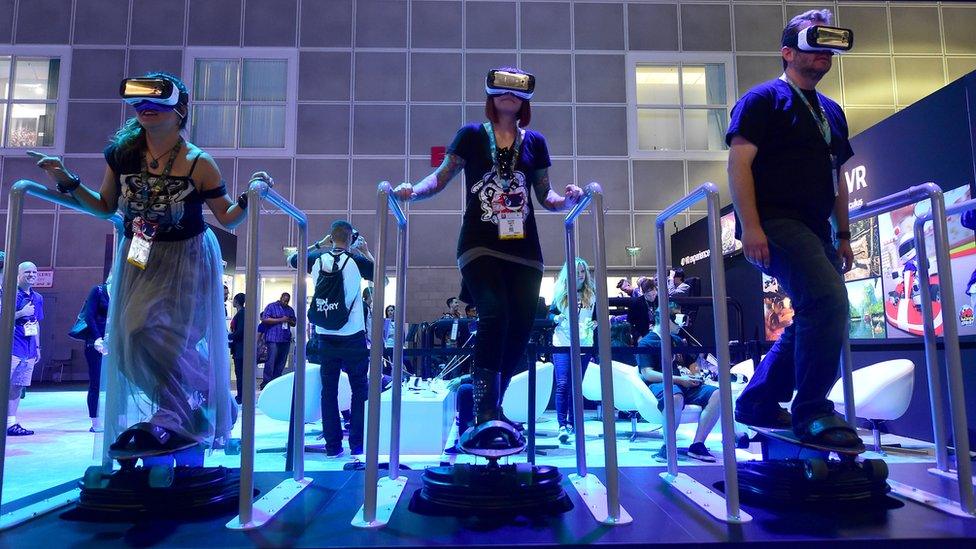
One challenge of VR is that users are essentially blinded to the world around them by headsets
HTC's biggest weakness, and one that prevents it being able to offer the same kind of carefree multiplayer offered by VRcade, is the headset's tether - a cable that runs down your back and is consequently always at the back of your mind, quite literally, as you work your way around virtual worlds.
But if VR raises the potential for arcades to return, fans of the classic games scene doubt it will carry the same charm.

Arcade classic Space invaders has been released on many consoles since its arcade debut
"We traditionally have arcade games from a specific era where it wasn't just about money," said Scott Davids, a collector who runs EightyTwo, a Los Angeles bar he's filled with old arcade machines.
"I wonder if that's what VR is going to be about - you pay $10 and get a five minute game."
He attributed the fall of the games arcade not to the rise of high-powered consoles, but instead to what he said were overly strict regulations on businesses running arcades.
And games makers became greedy, he said - increasingly demanding players to continually pump money in to keep on playing.
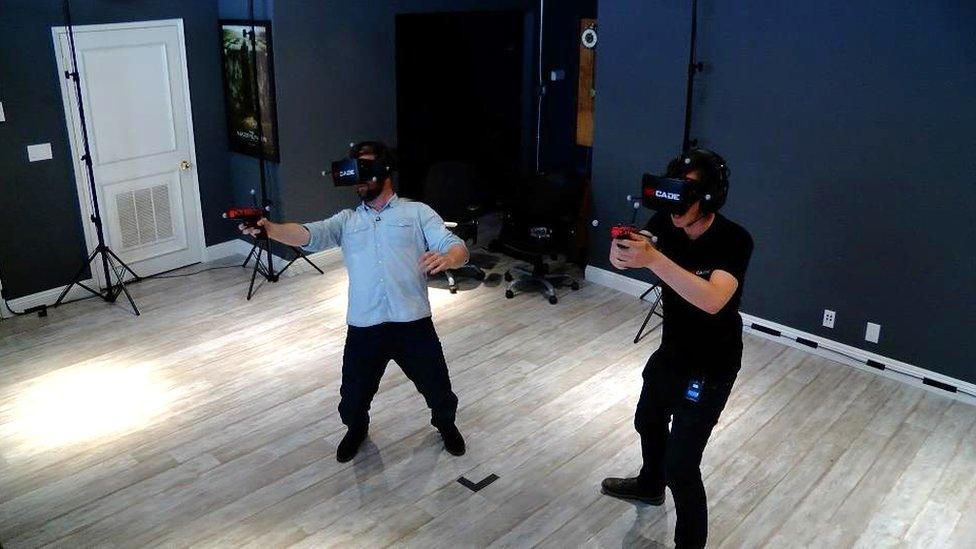
Could VR arcades be more social than console gaming?
If virtual reality does bring about a surge in games arcades, it may be fleeting. PlayStation VR, which will be launched in October this year, will cost just $399, and will work on the current PlayStation 4.
But then again, unlike other gaming technologies - that have been miniaturised from arcade cabinet to console and more recently to smartphone - those enjoying VR will always want space to enjoy it to the fullest.
It may not be the golden age of button bashing and coin inserting - but it is a welcome development if, like Mr Davids, you believe gaming is an activity best enjoyed in the company of other people.
Follow Dave Lee on Twitter @DaveLeeBBC, external and on Facebook , external
- Published17 June 2016
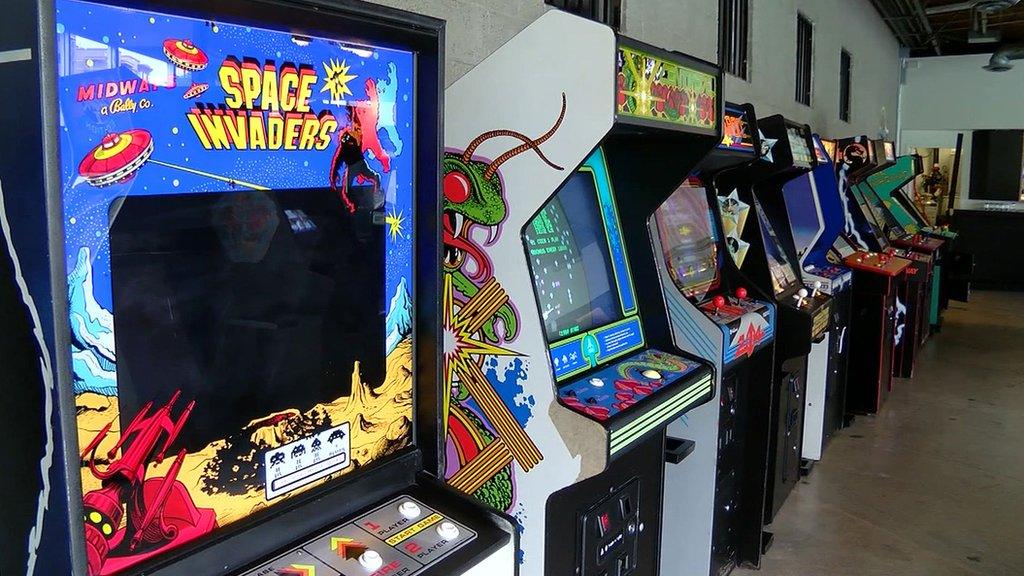
- Published16 June 2016
- Published16 June 2016
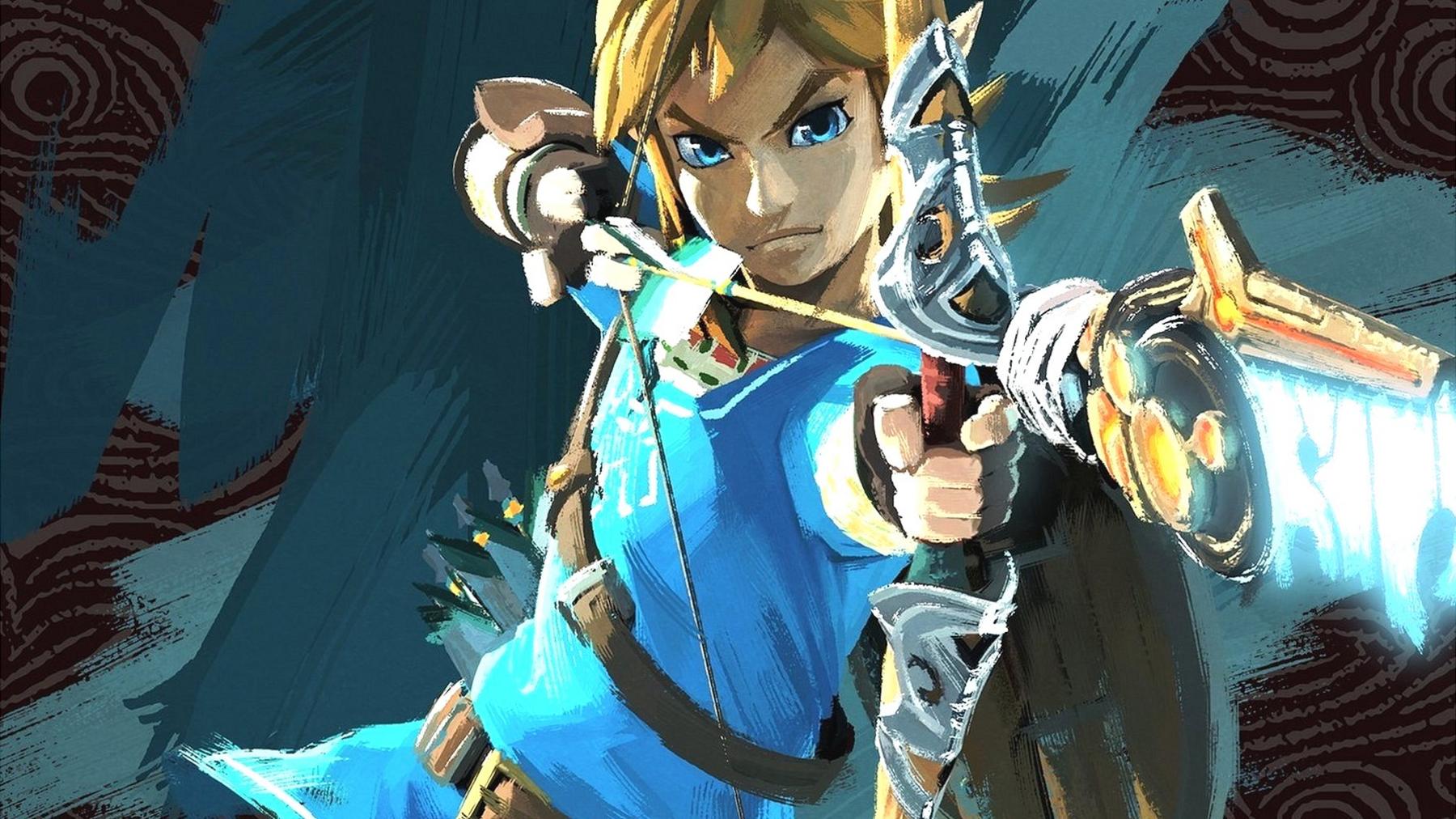
- Published15 June 2016

- Published15 June 2016
- Published14 June 2016
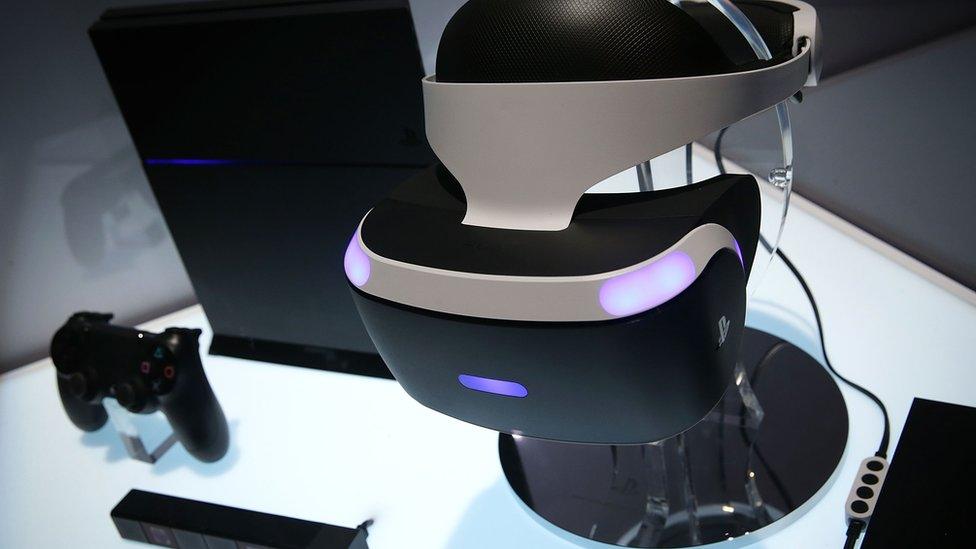
- Published13 June 2016
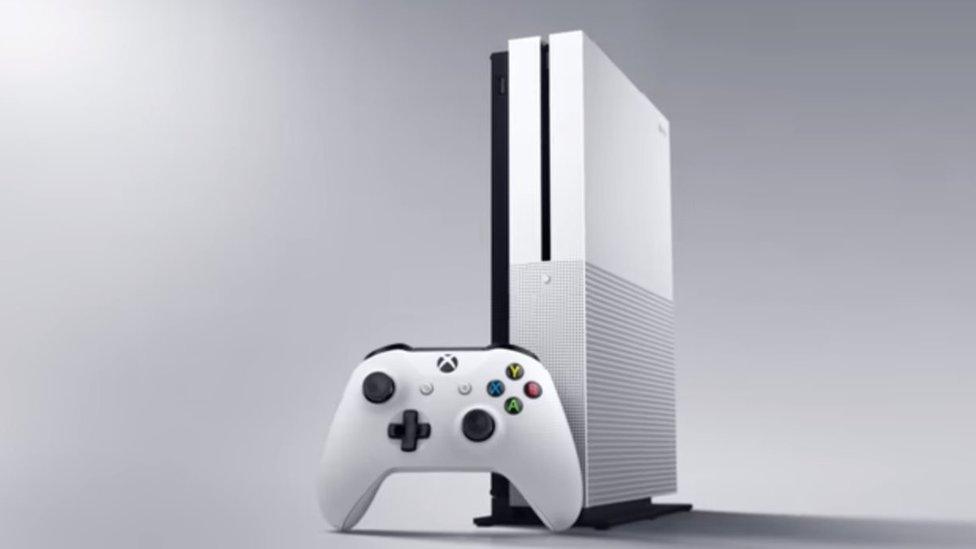
- Published11 June 2016
